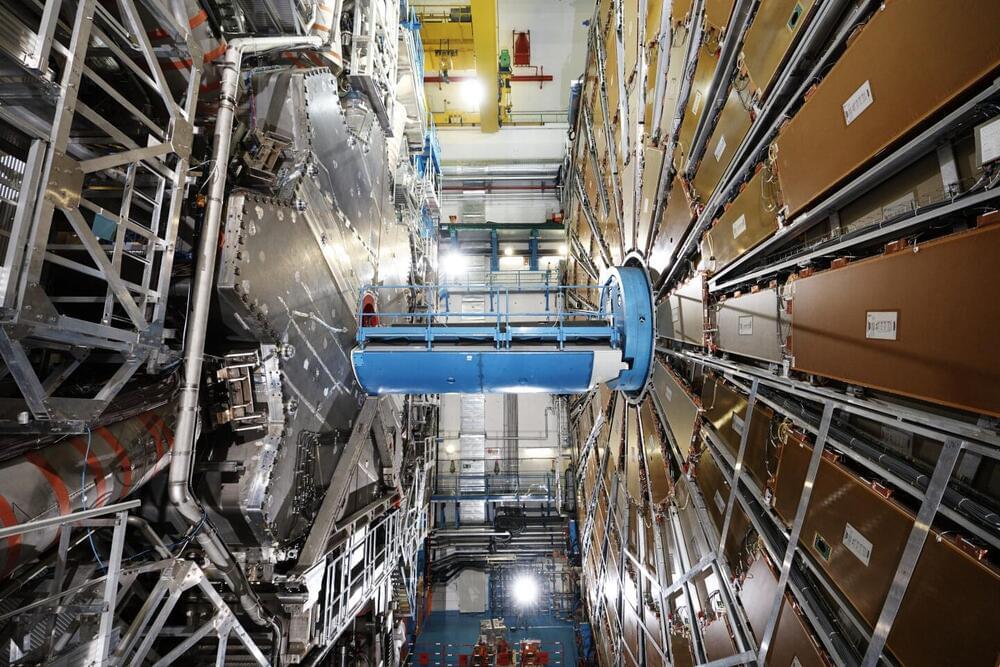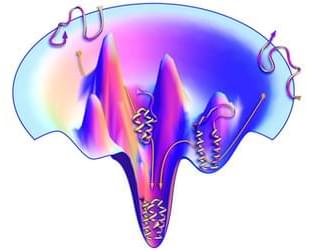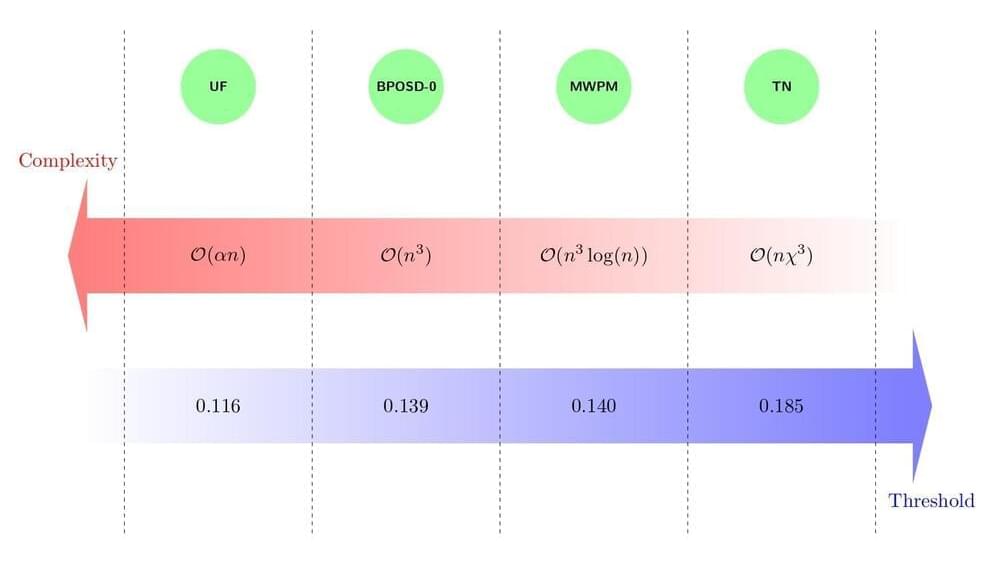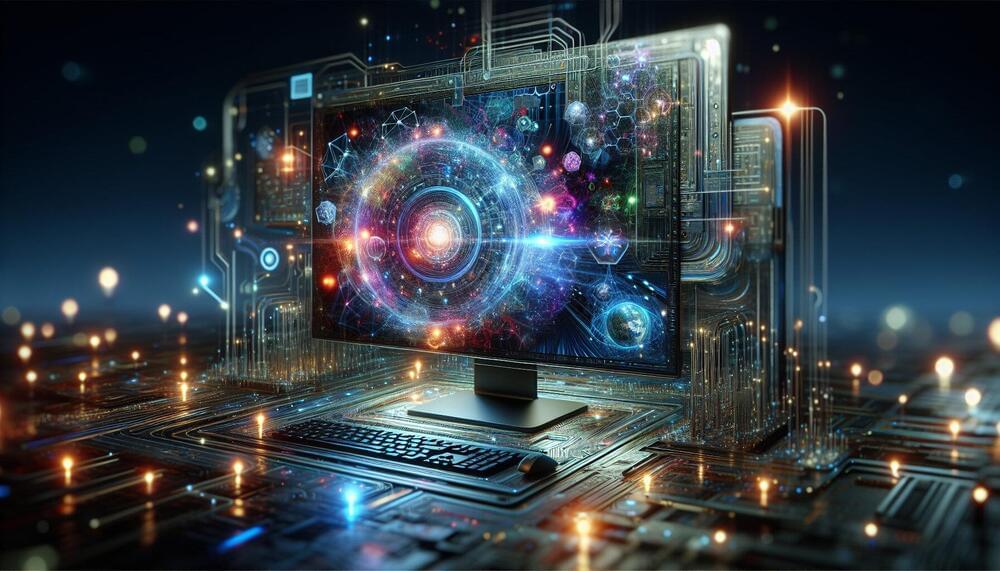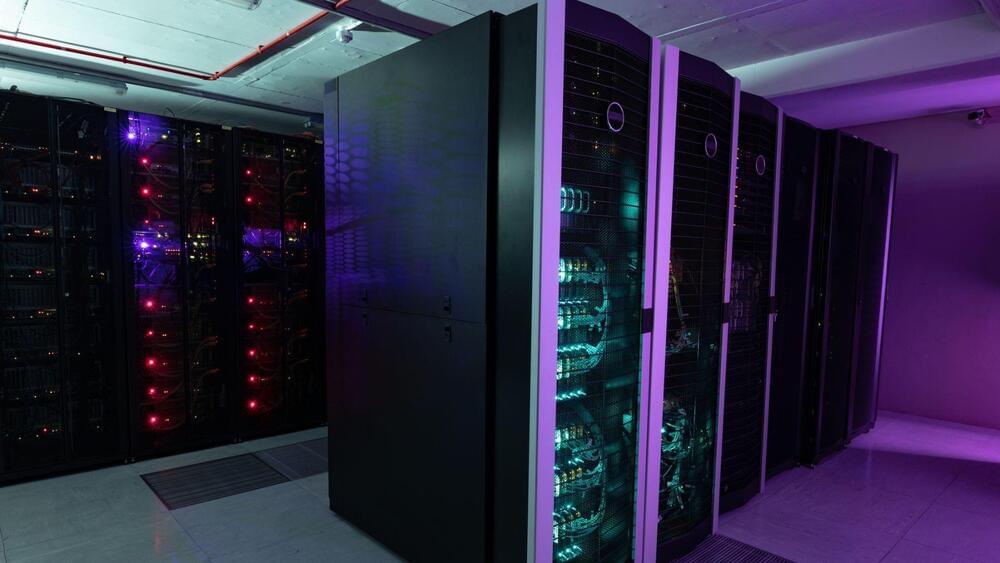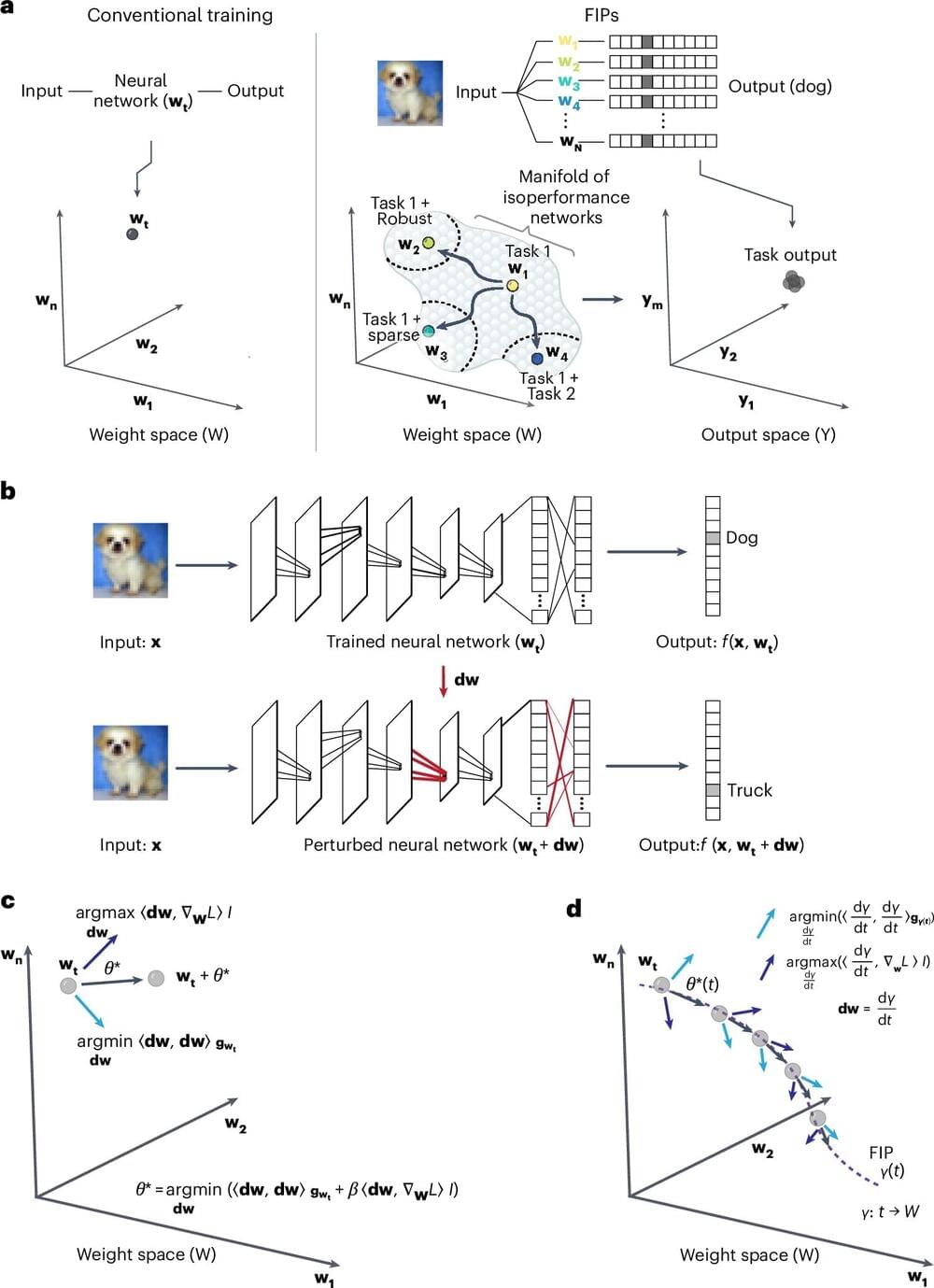AI-powered misinformation detectors—artificial intelligence tools that identify false or inaccurate online content—have emerged as a potential intervention for helping internet users understand the veracity of the content they view. However, the algorithms used to create these detectors are experimental and largely untested at the scale necessary to be effective on a social media platform.


